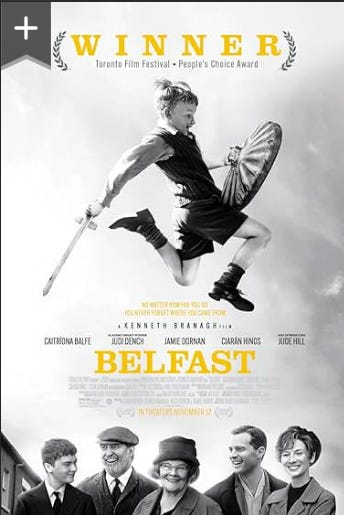In the Spiral Dynamics model of societal evolution there is a stage called “ethnocentrism.” Most individuals pass through this stage in their individual growth and development as well as in their participation in the ethnocentric stage of their society.
Ethnocentrism is the identification with one’s tribe, one’s group, and it is born out of an “us vs them” comparison. Ethnocentrism can contribute to dominator hierarchies, the so-called “pecking order,” where societies are composed of classes and groups with some classes dominating and oppressing other classes to control resources and coerce inferior groups to obey the will of the superior groups.
Ethnocentric conflicts are very common in human societies which in their extreme are manifested in slavery, war, and genocide. Like all the stages of individual and societal development, each stage has its benefits and its liabilities. Ethnocentrism characterized by its group identification, bonding and mutual support contributed to the survival and flourishing of the individuals within the group. However, when the identity group comes into contact with another group perceived as a competitor for resources, conflicts manifest leading to domination or elimination and great harm and destruction ensue.
The movie Belfast, released in 2021, nominated for seven academy awards and the winner of one for best original screenplay, is a story about The Troubles in Northern Ireland in August of 1969 through the eyes of a 9 year old boy, Buddy, and his family. How will they manage the threats to their will being as this conflict invades their neighborhood and country?
The mother wants to stay in Belfast with family and friends while the father wants his family to move to England where he is working for their safety.
The conflict, simplified, in Belfast, is between the Catholics and the Protestants. The Protestants in Northern Ireland identify with the English while the Catholics identify with the Republic of Ireland in the South. The 9 year old boy, Buddy, doesn’t quite know what to make of this conflict which is threatening the welfare of his family and neighborhood. In addition to the forces impacting his family Buddy, a Catholic, is smitten with a fellow student who is Protestant.
The father is at the world centric level of consciousness and refuses, even when threatened by gang members, to get involved in the ethnocentric gangs which are engaging in violence to advocate their political advantages.
In spite of the conflicts and violence, this film, in many ways, is heartwarming. In the end, the family does move to England to escape the conflicted but beloved city and community in which they have lived for several generations. One moral of the story may be that there comes a time when we have to rise above our ethnocentric values, beliefs, and attachments and move on to a bigger, and hopefully better world.
Belfast gets an 8 out of 10.



